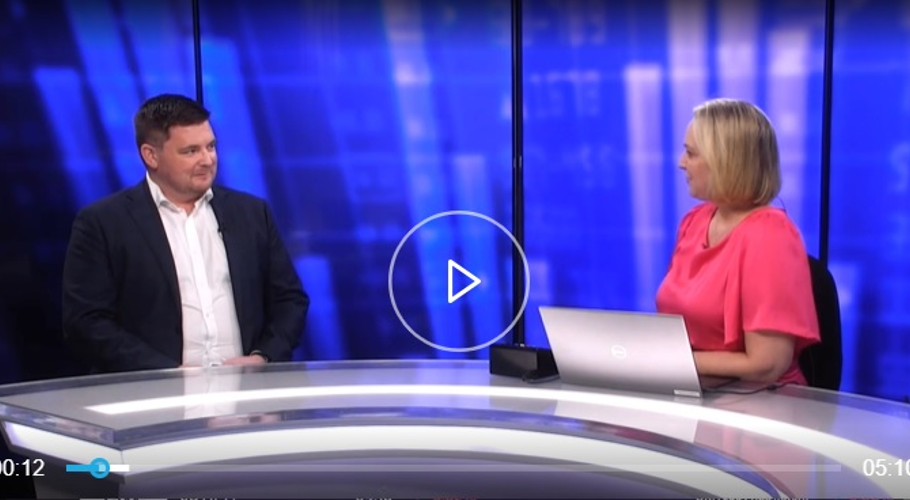Bridging the generation gap in financial advice
COVID-19 has accelerated a generational shift to digital offerings and this – along with the cost of financial advice – represents the biggest challenge to winning over savvy consumers.
New research finds clear signs among consumers of a 'refusal to return' to the pre-COVID-19 ways of interacting with providers. The new expectation is that businesses will offer greater value for money and be more flexible in the services and products they provide.
There is a big difference between what consumers once wanted from financial advice and what they want now. And it's being accelerated by COVID-19, according to new research from KPMG, who recently surveyed more than 1500 Australians about their experiences of super, financial advice and life insurance.
The research noted a generational shift in favour of digital offerings, especially some combination of personal and digital advice. More broadly, it found the financial impacts from COVID-19 were significant and far reaching, with consumer spending, attitudes and sentiment to products and services, preferences to propositions and service channels all affected.
“Consumers have been increasingly shopping around for the best-value products and are more likely to switch providers, with younger Australians financially impacted by the COVID-19 crisis much more active in doing so,” says Tim Thomas, Partner, Global Strategy at KPMG Australia.
The survey found that the pre-COVID-19 trend towards increased online access of insurance, superannuation and financial planning services accelerated during the shutdown, with consumers of all ages increasingly seeing digital as the ‘new normal’. There is, however, a clear generational divide with most under-40s believing digital leads to better quality engagement while just 29 percent of over-65s agreed. Those surveyed who use financial planners could see the value, but the cost of advice was a factor for those who don’t.
“Our survey finds clear signs among consumers of a 'refusal to return' to the pre-COVID-19 ways of interacting with their providers,” Thomas says. “There is a new consumer expectation that businesses will offer greater value for money and be more flexible in their services and products. Those brands that fail to meet higher expectations in delivering a world-class digital customer experience risk being left behind.”
Mixed bag for planners
The KPMG research contained both good and bad news for planners; those who use financial advice services are more likely to see them as essential, but more people now see this as a discretionary spend, and a majority are not prepared to pay for it.
Consumers that are advised through a personal relationship with an adviser are more likely to see value, with 56 per cent agreeing that it is essential. Advised clients are more likely to view other financial products as essential and spend more widely.
“More than 70 percent were satisfied with their financial planner, compared to 59 percent for their super funds,” says Linda Elkins, KPMG's Head of Asset & Wealth Management. “While more have reviewed this service than any other in the COVID-19 era, there has also been greater engagement than in insurance or super, and planners have been more proactive in contacting customers.”
She suggests this offers an opportunity for advice providers to broaden the appeal of their services to target non-advised consumers.
“Price is often a barrier, so providers need to work with regulators to develop new models that balance compliance with an accessible price point,” Elkins says. “For providers who continue to operate vertically integrated models, there is increased appeal from free-of-conflict, cross-sell opportunities across other wealth and insurance lines.”
Interestingly, consumers directly impacted by COVID-19 are more likely to see financial advice as essential than those who were not impacted. Predictably, however, those who have lost their jobs do not see the increased need for advice.
KPMG concluded that this is consistent with emerging consumer personas where those in ‘preserving mode’ are limiting their expenditure but are still willing to continue to spend on services such as financial advice.
Those in ‘survival mode’ without employment are prioritising basics and will likely see financial advice as non-essential. Providers will need to become more accessible to these customers and demonstrate value at lower prices, particularly as the economic impacts of COVID-19 continue.

